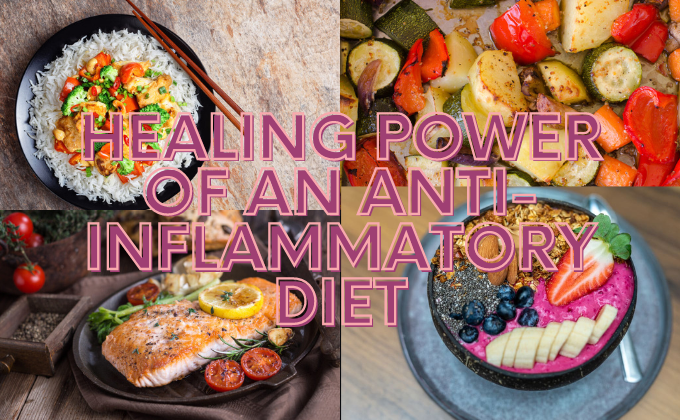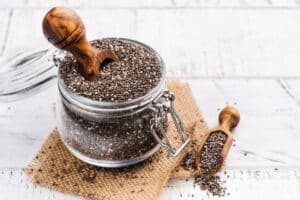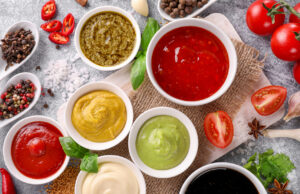In recent years, the concept of using food as medicine has gained significant traction. One particular dietary approach that has captured the attention of health enthusiasts and medical professionals alike is the anti-inflammatory diet. This nutritional strategy focuses on consuming foods that have the potential to reduce inflammation in the body, offering a myriad of health benefits beyond just weight management. Let’s delve into the science behind the anti-inflammatory diet, its benefits, and some delicious recipes to incorporate into your meal plan.
Understanding Inflammation
Inflammation is a natural immune response designed to protect the body from harmful stimuli such as pathogens, injuries, or toxins. However, chronic inflammation, which can result from factors like stress, poor diet, and sedentary lifestyle, has been linked to various health conditions, including heart disease, diabetes, arthritis, and even cancer.
The Anti-Inflammatory Diet Approach
The anti-inflammatory diet emphasizes whole, nutrient-dense foods while limiting processed foods and those known to promote inflammation. Key components of this diet include fruits, vegetables, healthy fats, lean proteins, and complex carbohydrates. By incorporating these foods into your daily meals, you can help to quell inflammation and promote overall wellness.
Foods to Embrace
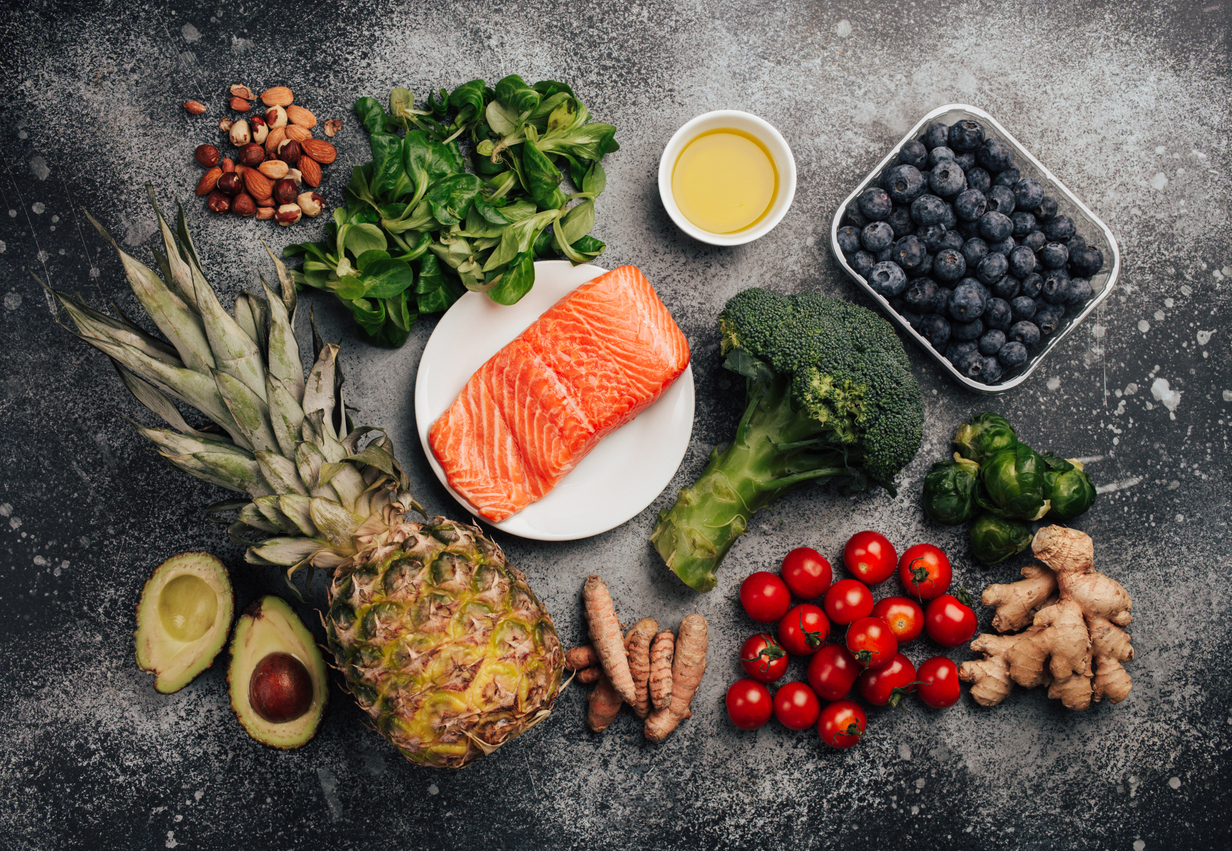
Fatty Fish: Rich in omega-3 fatty acids, fatty fish like salmon, mackerel, and sardines possess potent anti-inflammatory properties. Aim to include these fish in your diet at least twice a week.
Leafy Greens: Spinach, kale, and Swiss chard are packed with vitamins, minerals, and antioxidants that combat inflammation and support optimal health.
Berries: Blueberries, strawberries, and raspberries are bursting with flavonoids and anthocyanins, powerful compounds known for their anti-inflammatory effects.
Nuts and Seeds: Almonds, walnuts, flaxseeds, and chia seeds are excellent sources of healthy fats, fiber, and antioxidants that help to reduce inflammation.
Olive Oil: Extra-virgin olive oil is a staple of the Mediterranean diet and boasts anti-inflammatory properties due to its high content of oleic acid and polyphenols.
Foods to Avoid
Processed Foods: Processed snacks, sugary beverages, and refined grains often contain additives and trans fats that can exacerbate inflammation.
Sugary Treats: High-sugar foods like pastries, candy, and soda not only contribute to inflammation but also increase the risk of chronic diseases.
Trans Fats: Found in fried foods, margarine, and many packaged snacks, trans fats promote inflammation and should be avoided whenever possible.
Excessive Alcohol: While moderate alcohol consumption may have some health benefits, excessive intake can lead to inflammation and damage to vital organs.
Highly Processed Oils: Vegetable oils such as corn, soybean, and sunflower oil are high in omega-6 fatty acids, which, when consumed in excess, can promote inflammation.
5 Delicious Anti-Inflammatory Recipes
Grilled Salmon with Lemon and Herbs
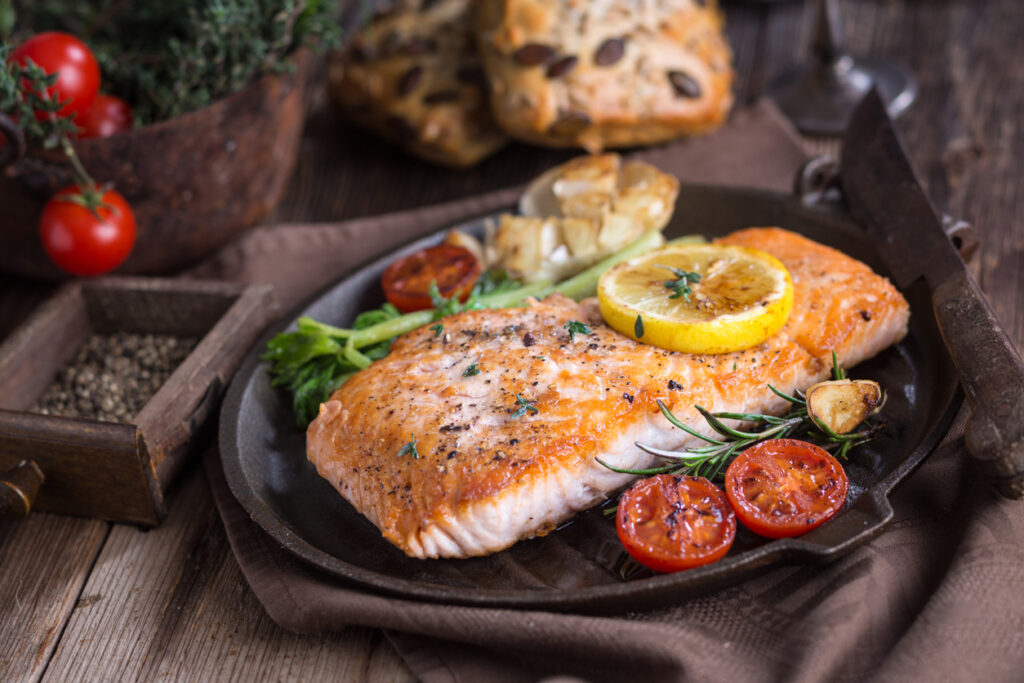
- 4 salmon fillets
- 2 tablespoons extra virgin olive oil
- 1 lemon, sliced
- 2 cloves garlic, minced
- Fresh herbs (such as dill, parsley, or thyme)
- Salt and pepper to taste
Directions:
- Preheat grill to medium-high heat.
- Rub salmon fillets with olive oil and minced garlic. Season with salt and pepper.
- Place lemon slices and fresh herbs on top of each fillet.
- Grill salmon for 4-5 minutes per side or until cooked through. Serve hot.
Quinoa Salad with Mixed Vegetables
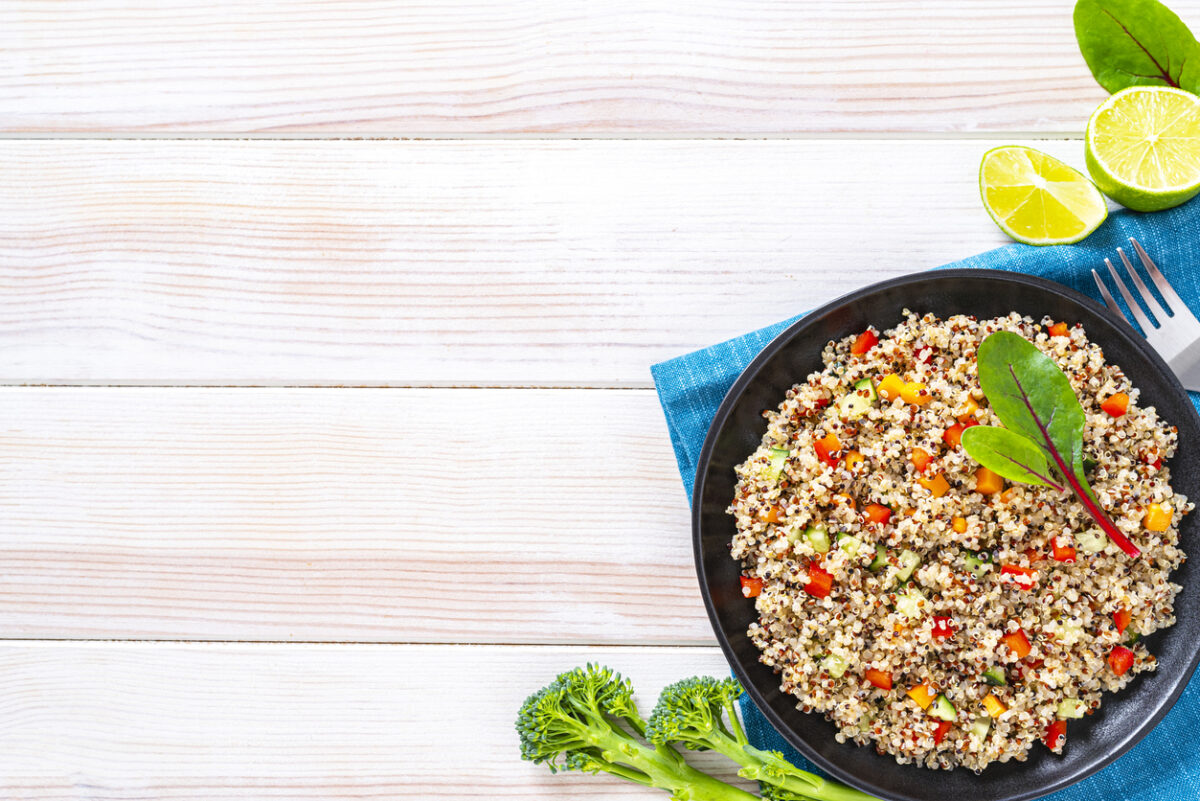
- 1 cup quinoa, rinsed
- 2 cups water or vegetable broth
- 1 cucumber, diced
- 1 bell pepper, diced
- 1 cup cherry tomatoes, halved
- 1/4 cup red onion, finely chopped
- 1/4 cup fresh parsley, chopped
- 2 tablespoons extra virgin olive oil
- 1 tablespoon lemon juice
- Salt and pepper to taste
Directions:
- In a saucepan, bring water or broth to a boil. Add quinoa, reduce heat, and simmer for 15 minutes or until quinoa is cooked and liquid is absorbed. Remove from heat and let cool.
- In a large bowl, combine cooked quinoa, cucumber, bell pepper, cherry tomatoes, red onion, and parsley.
- Drizzle olive oil and lemon juice over the salad. Season with salt and pepper. Toss to combine. Chill in the refrigerator before serving.
Turmeric Chicken Stir-Fry
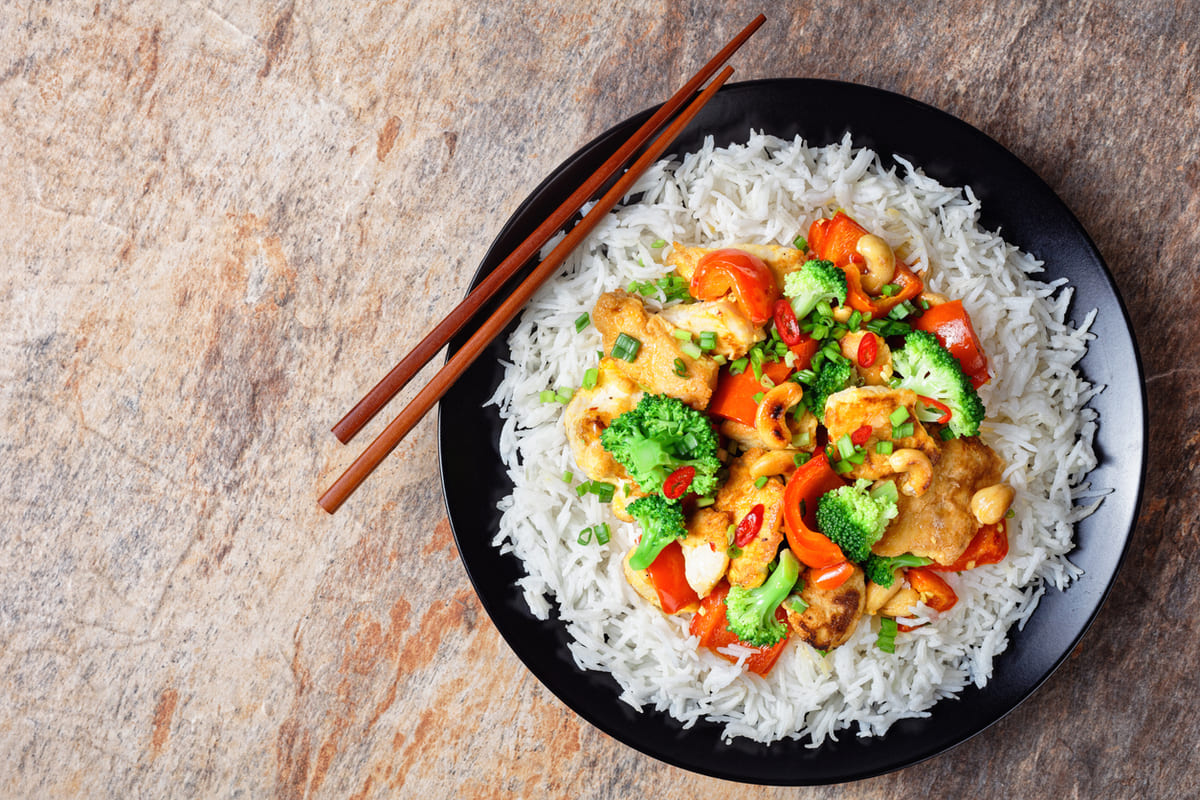
- 2 boneless, skinless chicken breasts, thinly sliced
- 2 tablespoons coconut oil
- 1 tablespoon fresh ginger, minced
- 2 cloves garlic, minced
- 1 bell pepper, thinly sliced
- 1 cup broccoli florets
- 1 carrot, julienned
- 2 teaspoons turmeric powder
- Salt and pepper to taste
- Cooked brown rice or quinoa for serving
Directions:
- Heat coconut oil in a large skillet over medium heat. Add ginger and garlic, sauté for 1 minute.
- Add chicken slices to the skillet and cook until browned on all sides.
- Stir in bell pepper, broccoli, and carrot. Cook for an additional 5-7 minutes or until vegetables are tender-crisp.
- Sprinkle turmeric powder over the stir-fry and season with salt and pepper. Cook for another 2 minutes.
- Serve the turmeric chicken stir-fry over cooked brown rice or quinoa.
Mixed Berry Smoothie Bowl
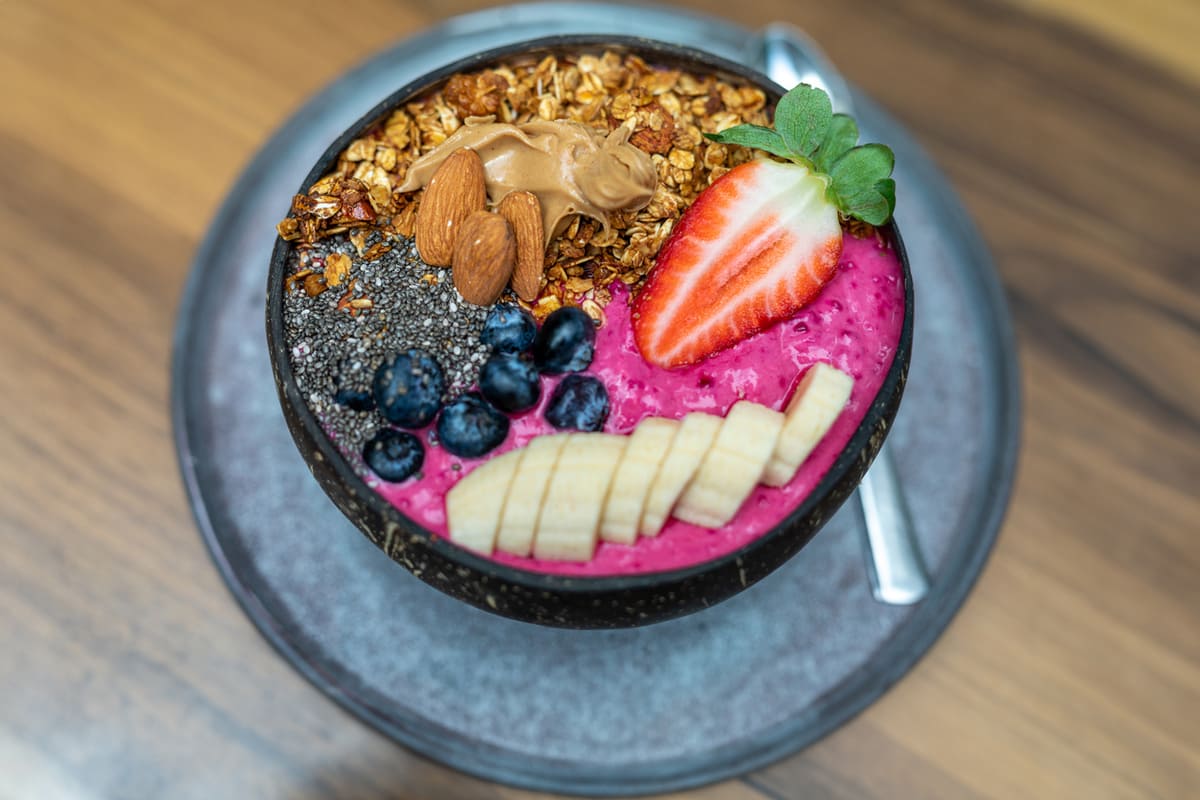
- 1 cup mixed berries (such as strawberries, blueberries, and raspberries)
- 1 frozen banana
- 1/2 cup spinach or kale leaves
- 1/2 cup almond milk (or any preferred milk)
- 2 tablespoons Greek yogurt
- Toppings: sliced almonds, shredded coconut, chia seeds, granola
Directions:
- In a blender, combine mixed berries, frozen banana, spinach or kale, almond milk, and Greek yogurt. Blend until smooth and creamy.
- Pour the smoothie into a bowl and top with sliced almonds, shredded coconut, chia seeds, and granola as desired.
Roasted Vegetable Medley
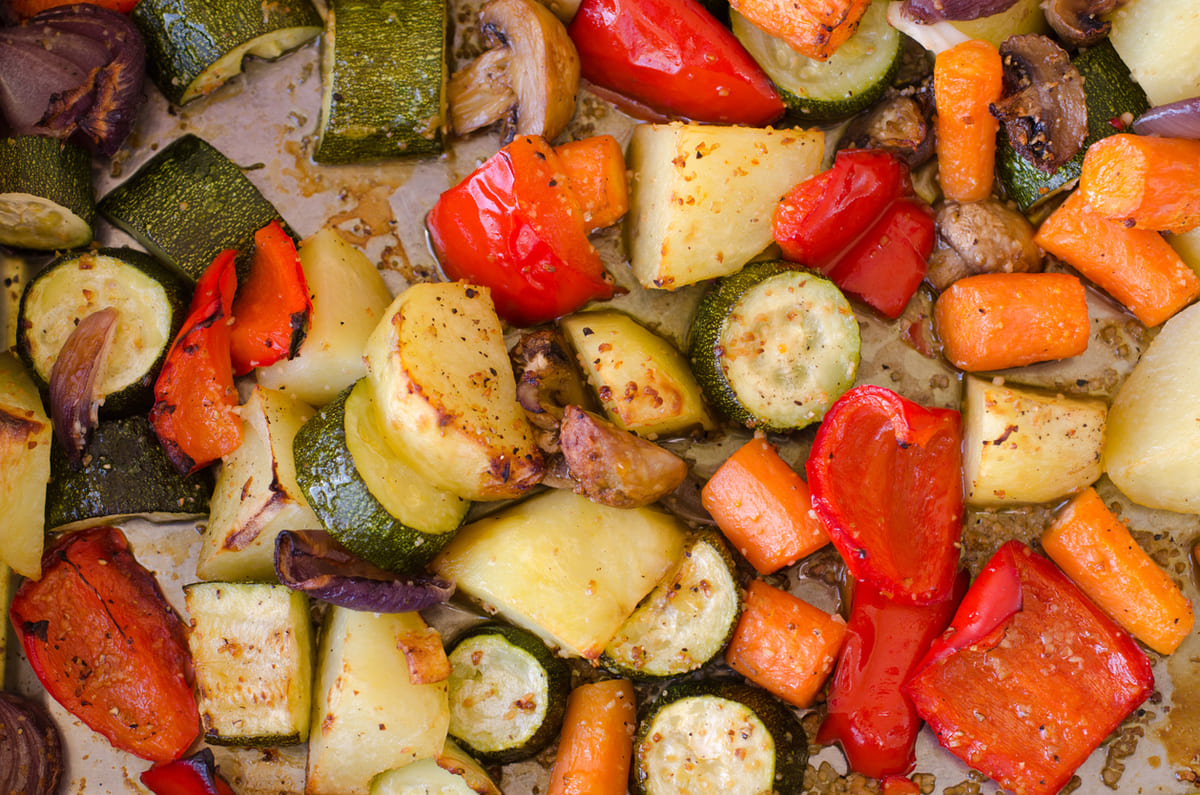
- 2 cups mixed vegetables (such as bell peppers, zucchini, eggplant, and cherry tomatoes), diced
- 2 tablespoons extra virgin olive oil
- 2 cloves garlic, minced
- 1 teaspoon dried herbs (such as oregano, thyme, or rosemary)
- Salt and pepper to taste
Directions:
- Preheat oven to 400°F (200°C).
- In a large bowl, toss mixed vegetables with olive oil, minced garlic, dried herbs, salt, and pepper until evenly coated.
- Spread the vegetables in a single layer on a baking sheet.
- Roast in the preheated oven for 20-25 minutes or until vegetables are tender and slightly caramelized.
Incorporating these delicious and nutritious recipes into your meal plan can help you harness the power of an anti-inflammatory diet. By prioritizing whole, nutrient-rich foods and minimizing inflammatory triggers, you can support your body’s natural ability to heal and thrive, promoting long-term health and vitality.
Read Next:
6 Delicious Low-Calorie Recipes That Are Sure To Please!

